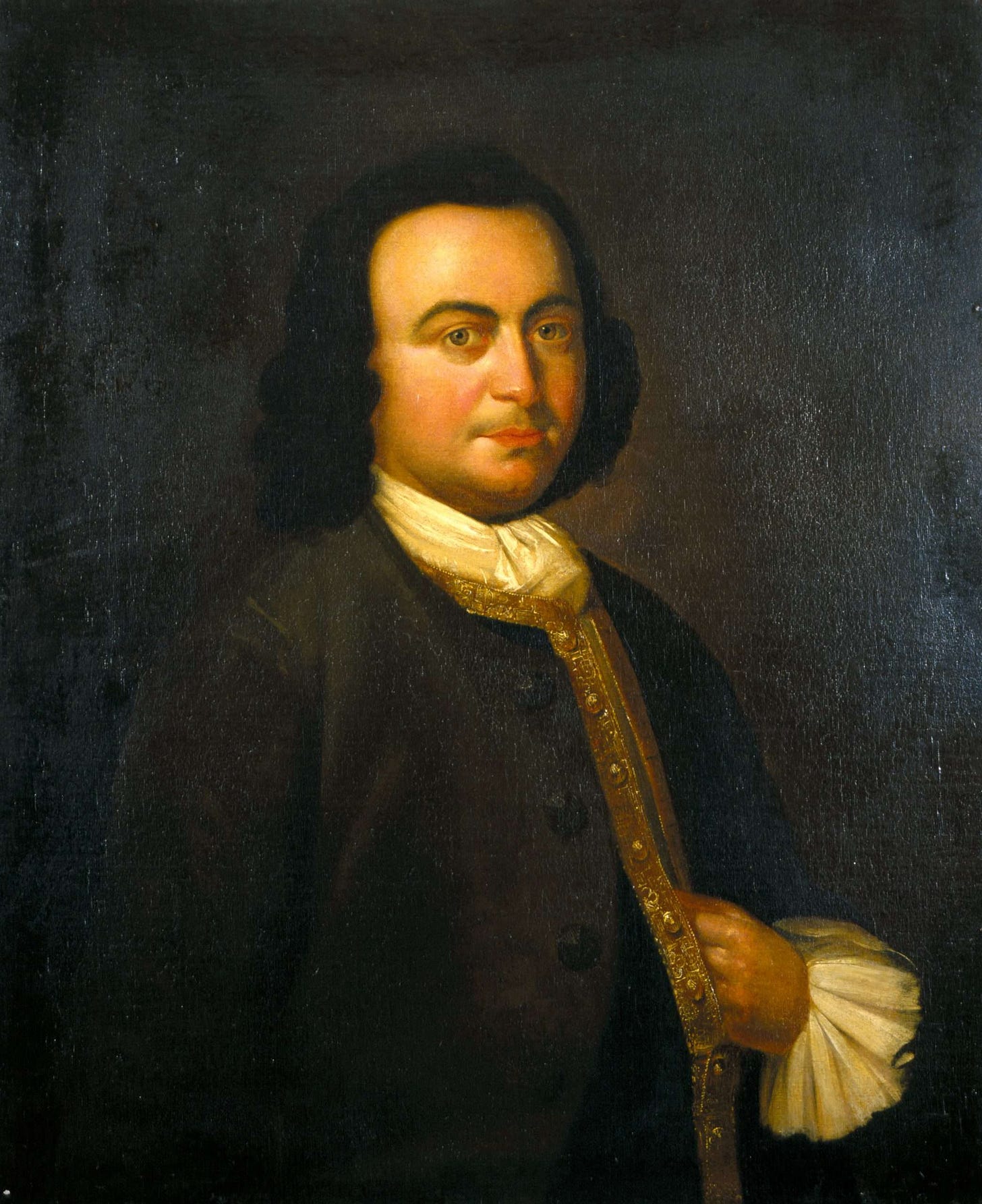Remembering the Fairfax Resolves, 250 Years Ago Today
A crucial step on the road to freedom
Update: I have an essay just up at The Spectator World, putting the Fairfax Resolves into the larger context of the “summer of discontent” in 1774. You can find the piece here.
Today marks the 250th anniversary of the Fairfax Resolves. As the Library of Congress notes, the Resolves “were both a bold statement of fundamental constitutional rights and a revolutionary call for an association of colonies to protest British anti-American actions.”
Published on July 18, 1774, by a committee of Alexandria, Virginia, grandees, including George Washington, the Fairfax Resolves were the work largely of planter George Mason, who would later author the seminal Virginia Declaration of Rights, in 1776. While a committee had been charged on July 5 with writing a statement, it was mostly Mason’s hand that guided the drafting. As the committee readied to release the Resolves, Mason visited Mount Vernon on the evening of July 17, working with Washington to revise and refine the document.
(George Mason (1725-1792), author of the Fairfax Resolves; image from the Encyclopedia of Virginia.)
The Resolves were written to protest Great Britain’s recent closure of Boston’s port, in retaliation for the Tea Party the previous December. They reflected the mounting colonial anger over London’s increasingly heavy hand in the colonies, specifically its taxation and further regulation of trade. The most recent outrage were the so-called “Intolerable Acts,” passed in the spring of 1774 and aimed largely at Boston for its temerity in dumping 90,000 pounds of East India Company Tea into Boston Harbor.
While other colonies passed resolves in solidarity with Boston and Massachusetts, Mason’s arguments went farther, and were more sophisticated and philosophical. He harked back to the ancient rights of Englishmen, yet he was hardly radical, like his compatriots not yet dreaming of full independence. Tackling the most direct administrative issue, Mason acknowledged that London’s long-standing regulation of trade and commerce, if “directed with Wisdom and Moderation, seems necessary for the general Good…” Indeed, Mason’s own approach was wise and moderate, noting it was a duty of the colonies “to contribute…to the necessary Charge of supporting and defending the British Empire,” but also making it clear that voluntary contributions did not mean taxation without representation in Parliament. Far from being a head-in-the-clouds political philosopher, Mason proposed a concrete policy of non-importation of British goods, laying out the measures that should be adopted by the colonies to pressure London to reverse its oppressive measures.
(Fairfax Resolves, July 18 , 1774; image from Library of Congress.)
Perhaps most surprising to modern-day readers, who likely assume that all colonial Virginians were rabid supporters of the slave trade, Mason added a passionate condemnation, “declaring our most earnest Wishes to see an entire Stop for ever put to such a wicked cruel and unnatural Trade.” This call to end the terrible practice (though not slavery itself) was endorsed by the other two dozen signers of the Resolves, including George Washington.
Mason and Washington did not rest with simply proposing economic measures that might or might not have been adopted by the several colonies. It was critical that some unified approach be attempted. Accordingly, the most politically important proposal to come from the Fairfax Resolves was that “a Congress shou’d be appointed, to consist of Deputies from all the Colonies, to concert a general and uniform Plan for the Defence and Preservation of our common Rights…”. The movement for a joint gathering gained in support over the summer and colonies elected leading men to represent them. This was a momentous step, for despite all their differences, it brought together a “continent”-wide gathering that began the process of turning disparate colonial subjects into Americans. Never again could they simply go back to being politically atomized and unable to organize on their common behalf.
On September 5, 1774, the First Continental Congress met in Philadelphia, not yet in open rebellion, but having fundamentally changed the political trajectory of the colonies. In reaching that point, George Mason and the Fairfax Resolves played an important and courageous role.
Note: I have revised the paragraph on slavery, making clear that the Resolves condemned only the slave trade, not slavery itself, and this despite Mason’s own disapproval of slavery. My thanks to a friend (and former teacher) for alerting me to the correct understanding of the Resolves on this issue.



